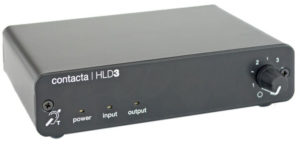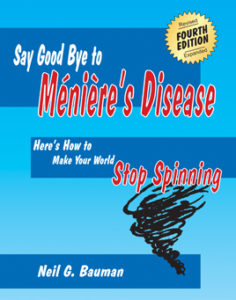by Neil Bauman, Ph.D.
On September 14, 2012, two people in Holland were implanted with a new kind of vestibular (balance) implant—one that generates orientation and acceleration signals to replace the balance signals that dead or non-functioning hair cells in the semicircular canals of the inner ear used to produce.
Although it is too soon to know how well such implants will work, so far, preliminary results look positive.
Researchers are hoping that the brain will learn to integrate the signals from the balance implants with the existing balance signals it receives from the eyes and proprioceptive systems.
If the implants ultimately prove to be successful, they will give balance (to some degree or other) back to people whose vestibular (balance) systems were destroyed by drugs or diseases such as Meniere’s Disease.
Vestibular implants are still in their infancy—where cochlear implants were back about 30 years ago. Over the past 30 years, there have been tremendous strides in how well cochlear implants work. I have no reason to believe that vestibular implants won’t do the same in the future.



I would love to see some followup on this — first I’ve ever heard of *any* treatment for a gonzo vestibular system. My biggest question is this: do people with the implant acquire motion sickness…? Having iffy balance has plenty of drawbacks, but it’s rather nice to never get motion sick! (My balance has been that way from birth, so far’s anyone knows.)
I understand that vestibular implants are being studied at Johns Hopkins now. Tried to get information but they never called me back. Can you follow up about this, Dr. Bauman? I’d be grateful.
Hi Julia:
That is correct. I don’t have any inside information, but here is a summary of an article that shows that progress is being made and we can expect clinical trials in the next 5 years.
“In view of the encouraging results obtained so far in humans and the now important involvement of cochlear implant manufacturers, we can reasonably expect the first, worldwide and multicentric clinical trials of vestibular implants to begin within 5 years.” This was published in February, 2019. You can read the whole article at https://journals.lww.com/co-neurology/Pages/articleviewer.aspx?year=2019&issue=02000&article=00024&type=Fulltext.
Cordially,
Neil